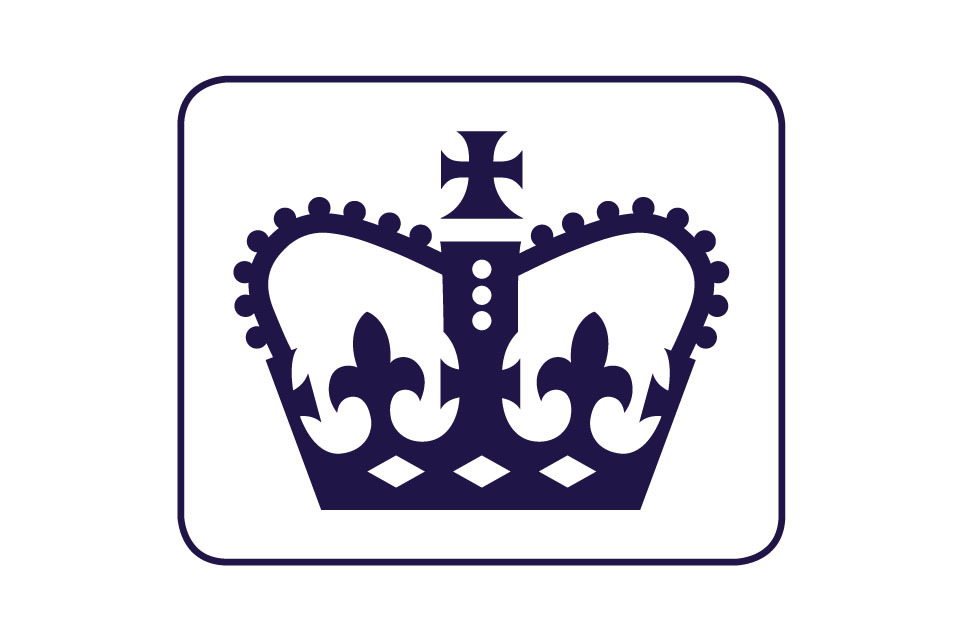A football club chief executive, who was found “particularly responsible” for “poor governance and management” at a charity linked to the East London based side he runs, has been banned from being a trustee for 12 years.
The chief executive of non-league side Clapton FC Vincent McBean has received the ban from being a charity trustee or a senior manager for his role in mismanagement of Newham Community Leisure Trust, following Charity Commission investigations over the last decade.
These found there was “serious misconduct and/or mismanagement in the administration of the charity over a sustained period of time”.
The charity had been set up in 1992 to benefit residents of the London Borough of Newham with a sports centre and had previously leased the club’s ‘Old Spotted Dog’ football ground in Forest Gate.
But the regulator found “little to no charitable activity was being undertaken” and the charity was blighted by “unmanaged conflicts of interest” as senior staffers at the football club, including McBean, were also trustees.
“The trustees could not provide evidence that the arrangements between the charity and the club were in the charity’s best interest,” said the regulator.
The Commission is particularly concerned of the charity receiving loans for maintaining and developing the ground “which indicated insufficient funding to undertake its activities”.
The charity has since been wound up and was removed from the register earlier this year as it is no longer operating. Its liquidation is ongoing, said the regulator, which found that before entering liquidation it had debts of £200,000.
The charity had been subject to two investigations, with the first resulting in the Commission advising that its relationship with the club be “formalised and any transactions should be at arms length”.
However, the second probe found “that despite the advice given in the first inquiry, there was still no clear distinction between the charity and the football club”.
We’ve concluded our inquiry into Newham Community Leisure Trust and have disqualified one of its trustees.
— Charity Commission (@ChtyCommission) April 12, 2023
Our inquiry found serious failures in the administration of the charity. As a result of the trustees’ failings the charity is being wound up.
Read: https://t.co/KHJUsEfiY4 pic.twitter.com/xUkOisOODC
“The public rightly expects that trustees make decisions that are in the best interests of their charity and further its charitable aims,” said the Commission’s head of investigations Amy Spiller.
“Where conflicts of interest are present, it is imperative that they are identified and managed so that the Commission and the public can be sure that the charity only pursues its aims.”
She added: “The trustees of Newham Community Leisure Trust allowed the charity to accumulate debts for activities which they could not evidence as being in the charity’s best interests, and which led to its financial collapse.
“It is right that one of the trustees has been disqualified from acting as a charity trustee or senior manager for a period of 12 years for their part in the mismanagement of Newham Community Leisure Trust.”













Recent Stories